U.K. Surveillance ‘Worse Than Orwell,’ Says U.N. Privacy Chief
Joseph Cannataci, recently appointed as the first U.N. digital privacy chief, has called British oversight a "bad joke" and says the world needs a "Geneva Convention" for the Internet to safeguard personal data.

Pexels
Joseph Cannataci, the newly appointed U.N. special rapporteur on digital privacy, has called the U.K.’s oversight of surveillance “a rather bad joke at its citizens’ expense,” describing the abuse of privacy rights as worse than anything George Orwell imagined in his dystopian novel “1984.”
Speaking to The Guardian, Cannataci said: “… at least Winston [a character in Orwell’s ‘1984’] was able to go out in the countryside and go under a tree and expect there wouldn’t be any screen, as it was called. Whereas today there are many parts of the English countryside where there are more cameras than George Orwell could ever have imagined. So the situation in some cases is far worse already.”
The article continues:
Appointed after concern about surveillance and privacy following the Edward Snowden revelations, Cannataci agreed that his notion of a new universal law on surveillance could embarrass those who may not sign up to it. “Some people may not want to buy into it,” he acknowledged. “But you know, if one takes the attitude that some countries will not play ball, then, for example, the chemical weapons agreement would never have come about.”
Cannataci came into his new post in July after a controversial spat involving the first-choice candidate, Katrin Nyman-Metcalf, who the Germans in particular thought might not be tough enough on the Americans.
But for Cannataci – well-known for having a mind of his own – it is not America but Britain that he singles out as having the weakest oversight in the western world: “That is precisely one of the problems we have to tackle. That if your oversight mechanism’s a joke, and a rather bad joke at its citizens’ expense, for how long can you laugh it off as a joke?”
He said proper oversight is the only way of progressing, and hopes more people will think about and vote for privacy in the UK. “And that is where the political process comes in,” he said, “because can you laugh off the economy and the National Health Service? Not in the UK election, if you want to survive.”
The appointment of a UN special rapporteur on privacy is seen as hugely important because it elevates the right to privacy in the digital age to that of other human rights. As the first person in the job, the investigator will be able to set the standard for the digital right to privacy, deciding how far to push governments that want to conduct surveillance for security reasons, and corporations who mine us for our personal data.
Cannataci’s mandate is extensive. He is empowered to:
– Systematically review government policies and laws on interception of digital communications and collection of personal data.
– Identify actions that intrude on privacy without compelling justification.
– Assist governments in developing best practices to bring global surveillance under the rule of law.
– Further articulate private sector responsibilities to respect human rights.
– Help ensure national procedures and laws are consistent with international human rights obligations.
Although Cannataci admits his job is a complex one that is not going to be solved with a magic bullet, he says he is far from starting from scratch and believes there are at least four main areas – including a universal law on surveillance, tackling the business models of the big tech corporations, defining privacy and raising awareness among the public.
Read more here.
–Posted by Roisin Davis
Independent journalism is under threat and overshadowed by heavily funded mainstream media.
You can help level the playing field. Become a member.
Your tax-deductible contribution keeps us digging beneath the headlines to give you thought-provoking, investigative reporting and analysis that unearths what's really happening- without compromise.
Give today to support our courageous, independent journalists.
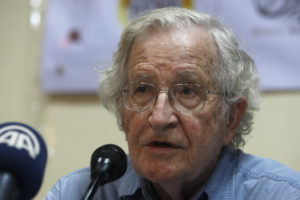
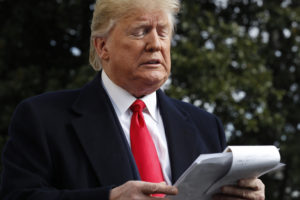
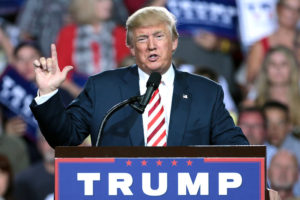
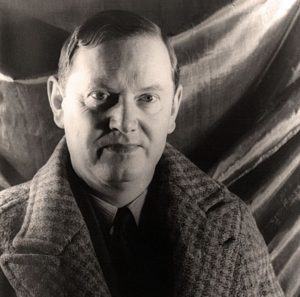
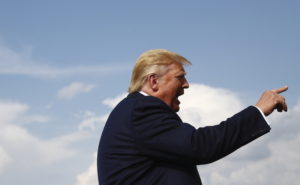
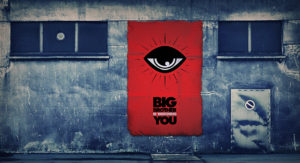
You need to be a supporter to comment.
There are currently no responses to this article.
Be the first to respond.